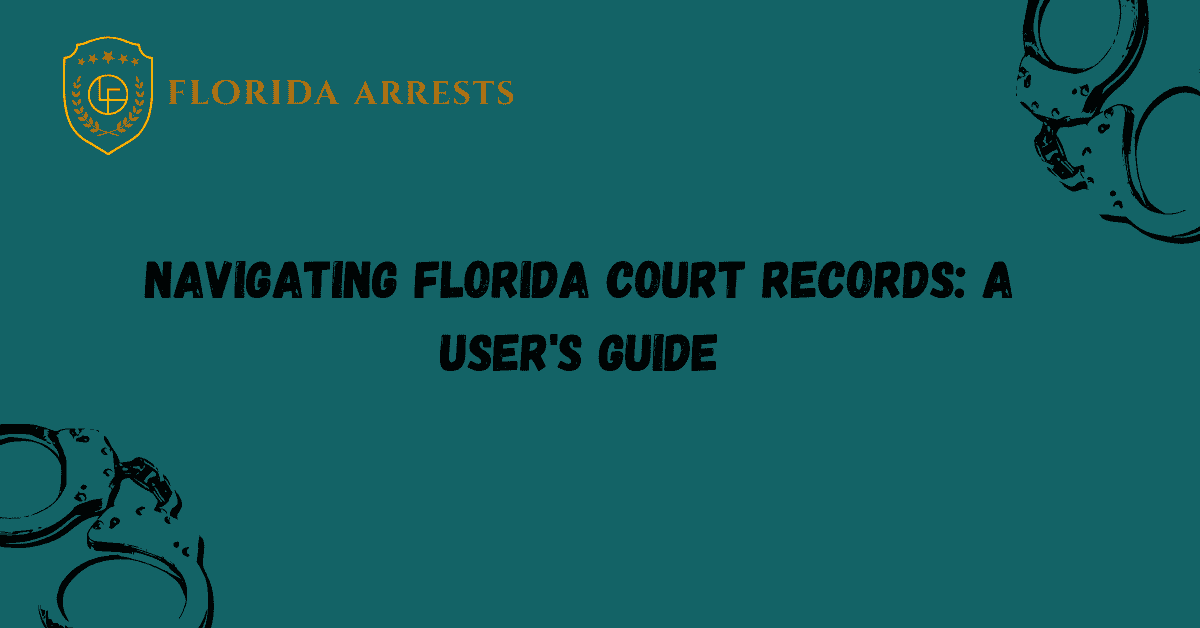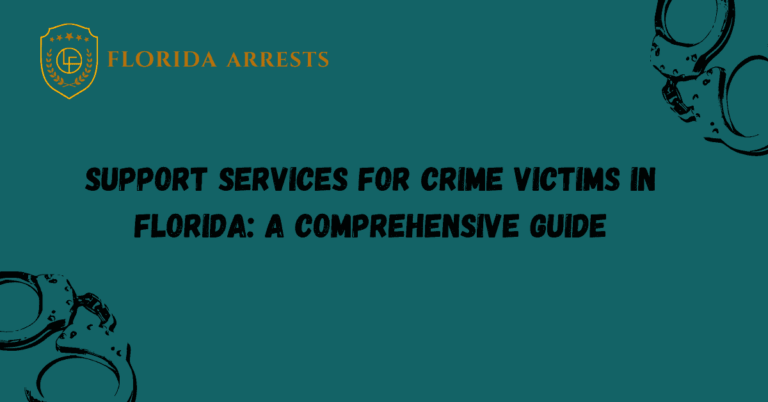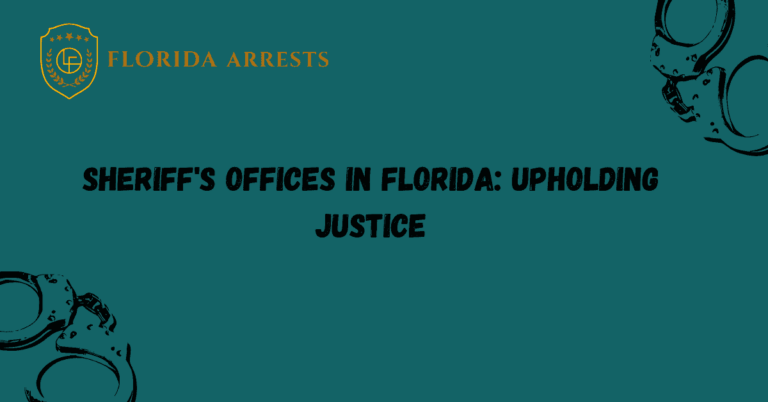Navigating Florida Court Records: A User’s Guide
When it comes to legal matters, access to accurate and up-to-date court records is crucial. Whether you are a lawyer, a researcher, or simply an individual seeking information, understanding how to navigate the vast world of Florida court records is essential. This user’s guide aims to provide you with the necessary knowledge and tools to effectively search, retrieve, and interpret court records in the state of Florida. From understanding the different types of court records available to learning about the various online resources and databases, this guide will empower you to navigate the complex landscape of Florida court records with confidence.
Types of Court Records in Florida
Florida court records encompass a wide range of legal documents that provide information about court cases and proceedings. These records include civil and criminal case files, court orders, judgments, and dockets. Each type of court record serves a unique purpose and provides valuable insights into the legal system and its operations.
Civil Court Records
Civil court records in Florida pertain to disputes between individuals, businesses, or organizations. These records document lawsuits, such as personal injury claims, contract disputes, and property disputes. They contain information about the parties involved, the nature of the case, and the court’s decision.
Criminal Court Records
Criminal court records involve cases related to criminal offenses committed within the state. These records provide details about arrests, charges, court appearances, and sentencing. They are instrumental in maintaining transparency and accountability in the criminal justice system.
Court Orders and Judgments
Court orders and judgments are official decisions made by judges in Florida courts. These records outline the legal obligations of the parties involved and enforce the court’s rulings. They may include orders for child custody, alimony, restraining orders, or monetary judgments.
Online Resources and Databases for Florida Court Records
With advancements in technology, accessing court records online has become easier and more convenient. Several online resources and databases provide access to Florida court records. These resources enable users to search for specific cases, view documents, and extract relevant information.
Florida Courts Website
The official website of Florida courts is a reliable source for accessing court records. It offers a search feature that allows users to find cases by party name, case number, or other relevant details. The website also provides access to court calendars, forms, and other helpful resources.
County Clerk’s Office Websites
Many county clerk’s offices in Florida have their own websites that provide access to court records within their jurisdiction. These websites often offer search options and online payment services for fines and fees. Users can find valuable information about court cases and proceedings specific to their county.
Third-Party Websites
Several third-party websites specialize in aggregating and providing access to court records from multiple jurisdictions. These websites may require subscription fees or offer both free and paid options. They can be useful for conducting comprehensive research across various courts and cases.
Navigating the Complex Landscape of Florida Court Records
Understanding how to navigate Florida court records effectively is essential for lawyers, researchers, and individuals seeking legal information. By utilizing the available online resources and databases, one can access accurate and up-to-date court records. It is important to be familiar with the different types of court records and their significance to extract the desired information. By following this user’s guide, individuals can confidently search, retrieve, and interpret court records in the state of Florida.
FAQs
What type of information can I find in Florida court records?
Florida court records contain a wealth of information, including case details, court proceedings, judgments, and other legal documents. You can access records related to criminal cases, civil lawsuits, family law matters, and more.
How can I access Florida court records?
Accessing Florida court records can be done through various channels. Many counties offer online portals where you can search for and retrieve records. Alternatively, you can visit the clerk of court’s office in person or make requests through their official website. The Florida Courts website also provides access to statewide court records.
Is there a fee for obtaining court records in Florida?
Yes, there may be fees associated with obtaining court records in Florida. The costs can vary depending on the type of record and the method of access. Online searches, in-person requests, and copies of documents may incur different fees. Check with the specific clerk of court’s office or the online portal for details on associated costs.
Can I access court records for any case in Florida?
Generally, court records are public unless sealed by court order. This means that most cases, including criminal, civil, and family law matters, are accessible to the public. However, certain sensitive information may be redacted or restricted to protect privacy or comply with legal regulations.
How far back do Florida court records go?
The availability and retention period of court records vary by county. In Florida, most counties maintain records for a significant period, sometimes decades. Some older records may be archived, so it’s advisable to check with the clerk of court’s office for specific details regarding the retention of records.
How can I expunge or seal my own court records in Florida?
The process of expunging or sealing court records in Florida is complex and typically requires legal assistance. Consult with an attorney to determine your eligibility and navigate the necessary steps for expungement or sealing of records.







